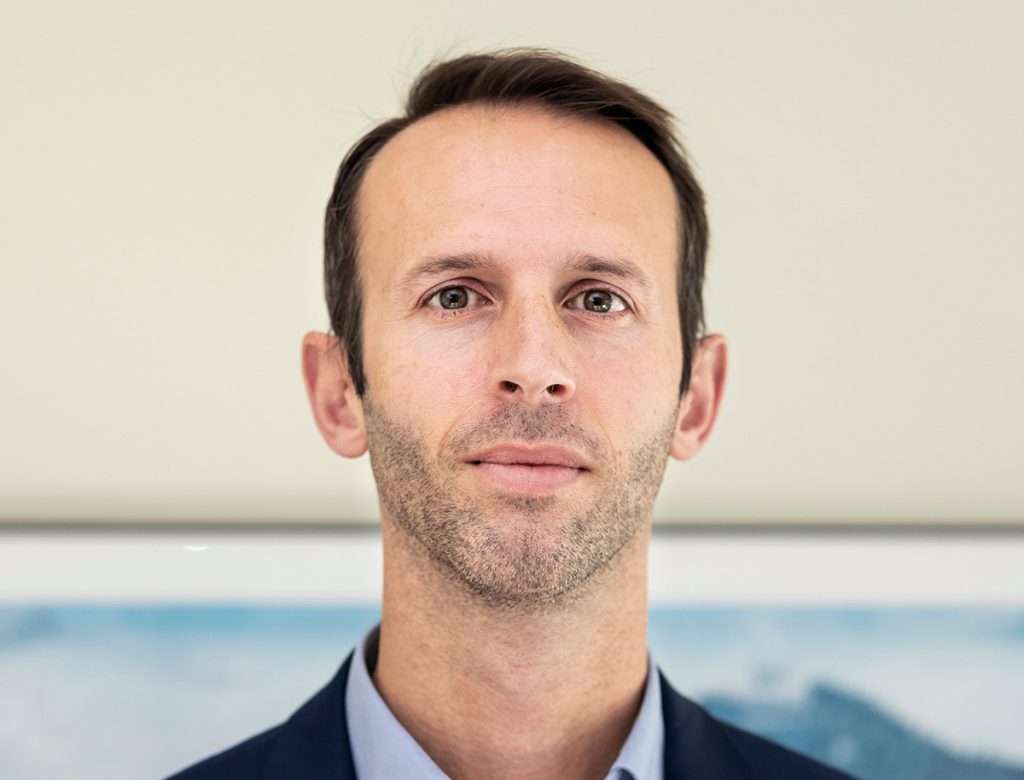Emmanuel Cohen-Hadria: The Morocco-Algeria balancing act for the EU

The European Union is seeking to reinvigorate its bilateral relationships with its Southern Mediterranean neighbours by adopting a more transactional, interest-driven approach. But what happens when the EU’s relations with two neighbours happen to be a zero-sum game, i.e. when advancing a bilateral agenda with one proves incompatible with advancing relations with the other? And what if a rivalry between these two neighbours undermines the very interests the EU tries to advance?
Right there is a strong argument for the EU to put conflict resolution between Morocco and Algeria on the menu.
Eroding ties, escalating risks
Morocco and Algeria are key EU partners in security, energy and migration. Yet, their diplomatic rupture since 2021 has deepened divisions. In August 2021, Algeria’s foreign minister announced that the country would sever diplomatic ties with Morocco. This marked a significant escalation in tensions, following Algeria’s recall of its ambassador the previous month in response to a series of incidents, including controversial remarks made by a Moroccan diplomat in New York. The decision also came amid renewed friction over the Western Sahara issue, a long-standing point of contention. These developments are part of a broader, deeply complex relationship between the two nations, whose shared border has remained closed since 1994.
For too long, the EU has treated the Algeria-Morocco dispute as a manageable issue. For too long, it has assumed that military escalation was unlikely and that the economic and security consequences of the dispute were bearable. But the violent escalation of the Israel-Palestine conflict in 2023 should serve as a stark warning against such complacency. A further escalation of the crisis between Morocco and Algeria would have tremendous repercussions – including for Europe – in the form of disrupted energy supplies, increased irregular migration and further instability in an already fragile Mediterranean region.
“The collapse of intelligence-sharing between the two nations has weakened counter-terrorism efforts and cross-border crime and illegal migration prevention.”
Even without a military confrontation, the EU is already paying the cost of this dispute. Europe finds itself caught in an unsustainable balancing act, trying to maintain strong bilateral ties with both nations while navigating their competing interests and mitigating the impact of it. The 2021 closure of the Maghreb-Europe gas pipeline, once a vital link for Algerian gas to Spain and Portugal via Morocco, is a glaring example of how regional disputes directly affect Europe’s energy security. The collapse of intelligence-sharing between the two nations has weakened counter-terrorism efforts and cross-border crime and illegal migration prevention, further straining European border control systems.
Therefore, the EU cannot afford to let this conflict remain on the periphery of its foreign policy agenda. It must resist the tendency to see this conflict as intractable and unsolvable and the belief that it cannot do anything about it.
If the EU truly aspires to be a ‘credible security provider’, as self-proclaimed on a few occasions, it must start where its influence matters and its direct interests lie. By taking a more active role in fostering dialogue, the EU would not only safeguard its own interests but also reclaim a rapidly waning credibility as a stabilising force in the Mediterranean.
As Brussels embarks on the drafting of a new Pact for the Mediterranean, it has an opportunity to prove that it is willing to move beyond rhetoric and take concrete steps toward conflict resolution.
What next?
The EU should not only integrate the concept of good neighbourly relations into its diplomatic engagements with Rabat and Algiers — just as it has done in the Western Balkans. More practically, it should sponsor discreet and incremental dialogue initiatives involving Moroccan and Algerian nationals from civil society, academia and business sectors. Such a ‘track II’ initiative could serve as a confidence-building mechanism, gradually paving the way for more official talks.
“Europe finds itself caught in an unsustainable balancing act, trying to maintain strong bilateral ties with both nations”
Furthermore, the EU should think outside the box and promote win-win technical cooperation. While doing so, it should draw inspiration from precedents across the Mediterranean, where rivalling entities have found ways to collaborate on practical matters for the benefit of their people. This even involves pragmatic cooperation between entities that do not formally recognise each other. While some of this cooperation may need to involve discreet and low-profile channels, regional organisations such as the Union for the Mediterranean (UfM) could also be instrumental in facilitating technical cooperation. The UfM not only brings together ministers but also hosts indeed a wide range of meetings at the technical level — regularly involving Moroccan and Algerian officials.
READ: Trump’s next steps are crucial in wake of Israel-Iran war
Finally, Brussels should financially support civil society initiatives aimed at restoring people-to-people ties, countering divisive rhetoric and fostering reconciliation. Hate speech is increasingly contaminating public discourse in both Morocco and Algeria, fuelling hostility at the grassroots level. A concerted effort to rebuild trust is essential.
Europe finds itself caught in an unsustainable balancing act, trying to maintain strong bilateral ties with both nations while navigating their competing interests and mitigating the impact of their dispute. This approach is neither viable nor sustainable. The question is no longer whether Europe can afford to engage — it’s whether they can afford not to try. Starting with low-key track II diplomacy is the way ahead.
Emmanuel Cohen-Hadria is Executive Board member of Diplomeds, a cross-Mediterranean policy group advocating for dialogue and cooperation and facilitating back-channel talks in the region. He co-edited a study on Morocco and Algeria beyond the divide: from costs of non-engagement to pathways for cooperation. This piece was originally published on IPS journal.
If you wish to pitch an opinion piece please send your article to opinion@maghrebi.org.
Want to chase the pulse of North Africa?
Subscribe to receive our FREE weekly PDF magazine














